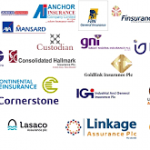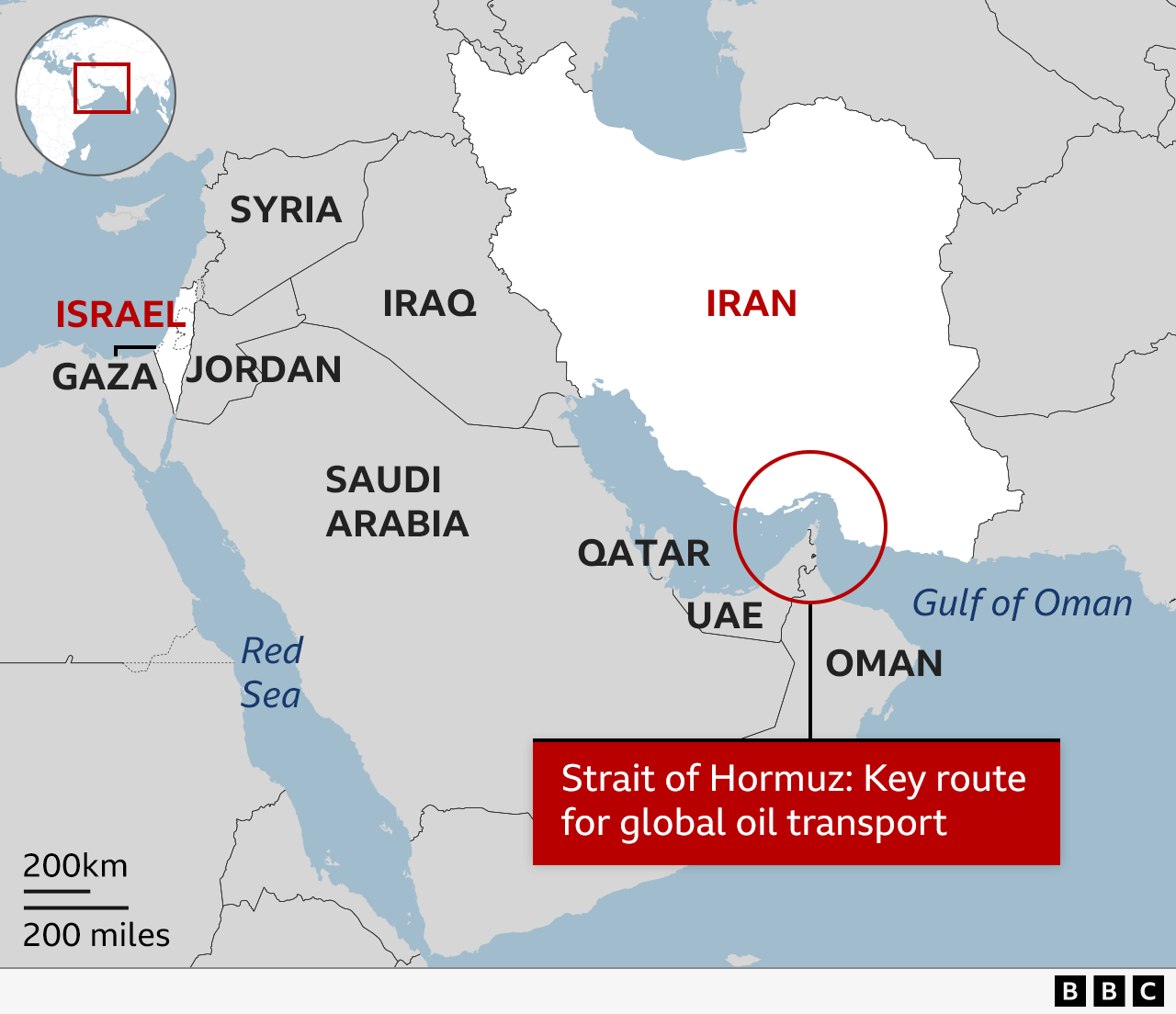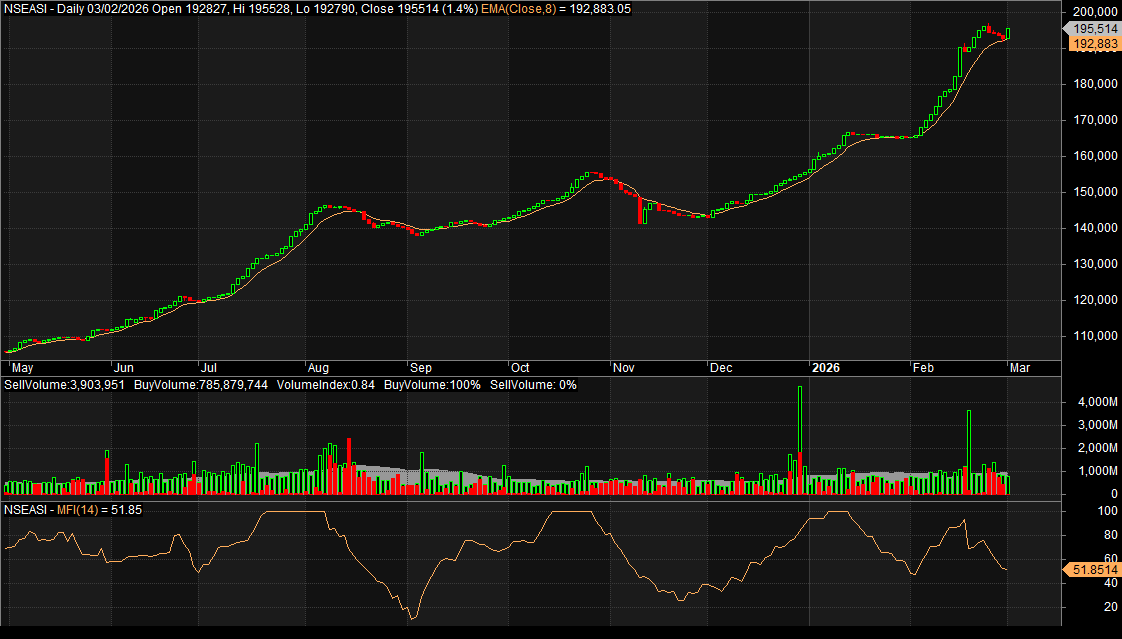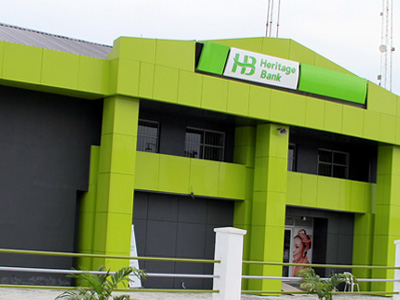
UBA Headquarters building
The board of United Bank for Africa Plc, on Friday presented its financials for the year December 31, 2018, showing that gross earnings limped by 7.04%, while revenue from its African operations (outside of Nigeria) accounted for 30.76% of total, and net profit for 40.37%.
The board has recommended a final dividend of 65 kobo, bringing total dividend payout for the period to 85 kobo, payable to shareholders whose names appear in the register of members at the close of business on Tuesday, April 2, 2019, which is also the qualification date. Closure of register is slated for between April 3 and 9, 2019, while electronic payment to shareholders is billed for April 23, same as the annual general meeting where shareholders are expected to consider and approve.
Gross earnings rose to N461.557bn from N461.557bn, with interest income rising by N37.265bn or 11.44% to N325.657bn from N362.922bn. Interest expense increased to N157.276bn from N118.025bn, representing a rise of N39.251bn or 33.26%; resulting in net interest income of N205.646bn, which was slightly lower than the N207.632bn reported in 2017 full year.
The bulk of income for the year under review was earned principally from its parent country- Nigeria, which pooled N338.798bn, representing 68.58%, compared to N314.601bn, or 68.14%; followed by N151.977bn or 30.76% from the rest of Africa, as against N150.742bn or 32.65%; while N14.17bn or 2.86% came from the rest of the world, as against N11.428bn or 2.48% from the rest of the world.
Revenue according to operating segments showed that retail and commercial banking contributed N283.865bn or 57.23% of total revenue; followed by corporate banking which fetched N122.951bn, or 24.89%; while treasury and financial markets earned N87.229bn or 17.66%.
Help however came from the significant N28.366bn or 86.23% decline in credit losses on financial and nonfinancial instruments from N32.895bn in 2017 to N4.529bn; the bulk of which was the N5.591bn that went into corporate banking; while retail and commercial bank got a write-back of N1.087bn. Consequently, net interest income after impairment on financial and non-financial instruments stood at N201.117bn, as against N174.737bn in 2017.
Fees and commission income rose by N11.06bn or 13.34% from N82.937bn in prior year to N93.997bn; just as expense inched N11.584bn or 68.27% from N16.967bn to N28.551bn. Net trading and foreign exchange income however dropped from N49.063bn in 2017 to N31.675bn; other operating income increased to N5.451bn from N3.9bn; employee benefit expenses climbed to N71.158bn from N68.972bn; and depreciation and amortization, N11.801bn from N10.091bn.
Other operating expense increased slightly from N110.589bn to N114.383bn; resulting in profit before tax of N106.766bn from N104.222bn; income tax increased to N28.159bn from N26.303bn; following which net profit stood at N78.607bn, from N77.548bn, with N39.41bn or 50.14% from the Nigerian operation. This was slightly lower than the N40.057bn, or 51.65% of prior year; followed by N31.736bn or 40.37% from the rest of Africa compared to N33.783bn or 43.56%. The rest of the world contributed N6.016bn or 7.65%, which was better than the N5.324bn or 6.87% of previous year.
Total assets for the period increased from N4.069tr, up by N800.264bn, or 19.67%; the lion’s share of which was customer loans and advances at N1.715tr, compared to N1.65tr in 2017; just as investment securities at fair value through other comprehensive income stood at N1.046tr.
Total liabilities improved by N855.435bn or 24.24% from N3.541tr to N4.367tr; just as total equity for the period dropped to N502.408bn from N527.779bn












